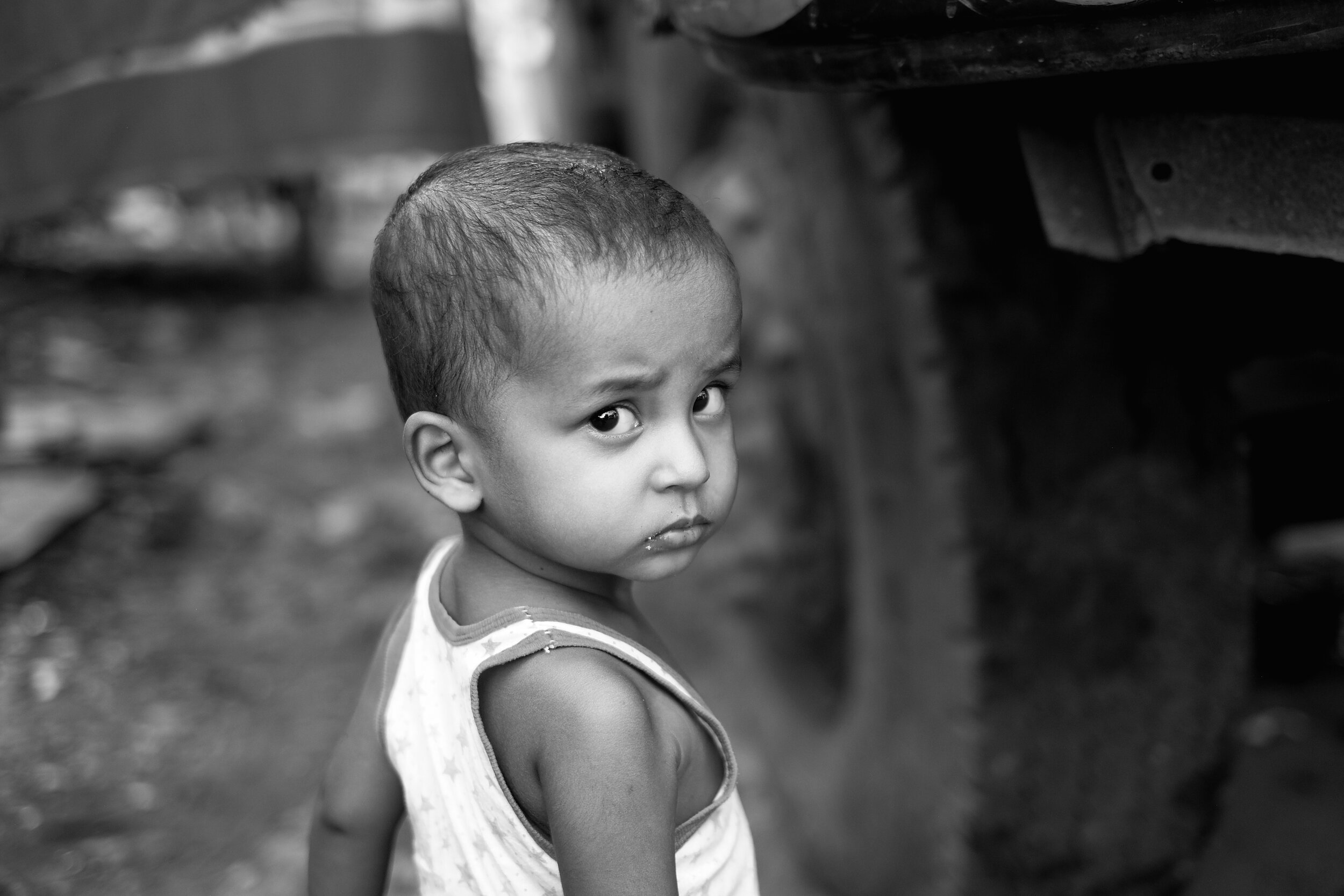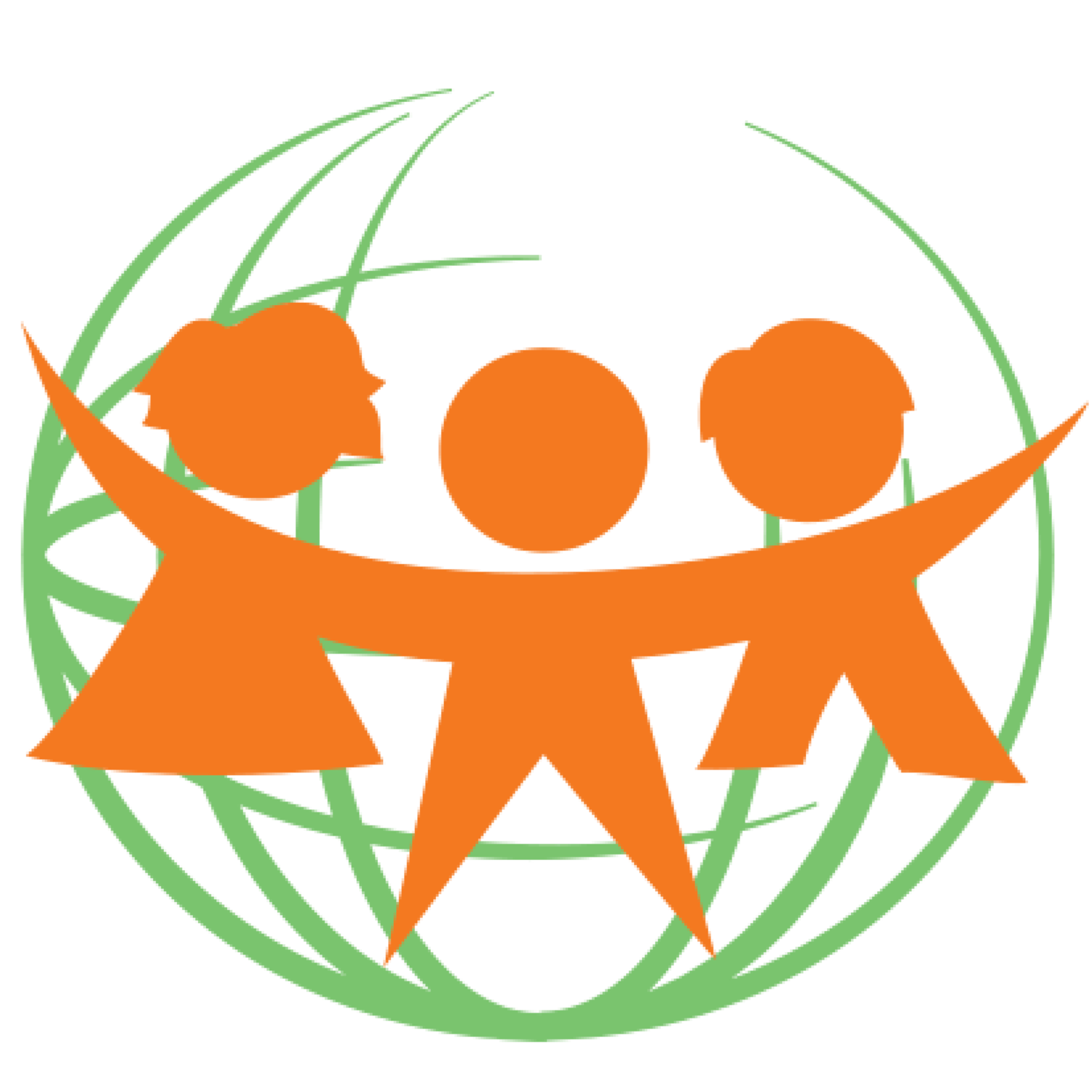
Almost 315,000 children grow up without a home in Kolkata
What
IS A STREET CHILD?
The Indian authorities estimate that close to 314,700 of the children in Kolkata live, eat and sleep in the street, under bridges, in train stations, and in slums. The expression street child should not be taken literally, it refers to all children without a stable home.
It is estimated that 50% of these children earn their living from sorting trash, polishing shoes, selling balloons and candy, washing car windows, etc. They work between 10 to 13 hours a day and are exposed to high health risks due to the unsanitary conditions they live in. They live in the baking sun among trash, dead animals and with no access to sanitary installations.
70% of the children are sniffing glue to suppress the pain of hunger, to escape reality, and to find the courage to steal and perform sexual services, which many of them are forced to do to survive. Glue is very addictive and may cause serious damage to liver, lungs, and brain.
Why
DO CHILDREN BECOME STREET CHILDREN?
There are many reasons for children ending up in the streets. Some are born into poor families who cannot afford a roof over their heads. Others have been kicked out of their homes or have left due to domestic violence or sexual abuse. Some have lost their parents to illnesses, while others have been separated and got lost in the market, on the train station, etc. Whatever the reason, they seldom have another option.
The majority of street children are not registered and thus have no birth certificate. The birth certificate could give access to public offerings, such as healthcare, education, or jobs, which are vital in breaking their social heritage. They do not exist on paper, or in the system, and therefore easily fall victim to kidnapping or human trafficking.
Every year more than 80,000 children disappear in India. The lack of proof of existence, makes it very difficult to make the police involved in these matters.
How
ARE STREET CHILDREN TREATED?
Children living in the streets are rarely guaranteed or aware of their rights. Their lives are an eternal struggle against poverty, hunger, and abuse. The right to be a child and just play are privileges that simply do not exist for them.
Some street children have a family that struggles along with them, but many of them do not have any adults to care for them. These children have no one to give them love and support. Neither do they have anyone to take them to the doctor, to school, or make sure they get food in their stomachs. And they have no one to protect them against kidnapping, violence, or sexual abuse.
To survive, these children are forced to beg, prostitute themselves or steal, which makes them unpopular among the population, and they are subsequently treated unworthily. They are called “patakhoor”, a nickname meaning “drug abuser”, a name illustrating the street children’s negative reputation.


